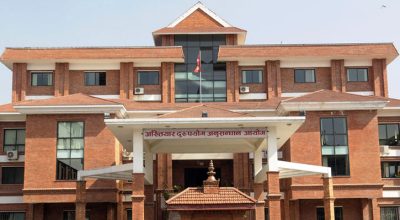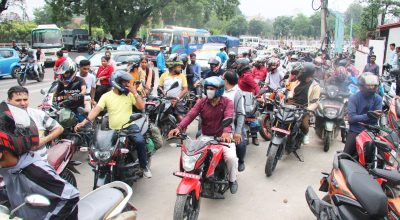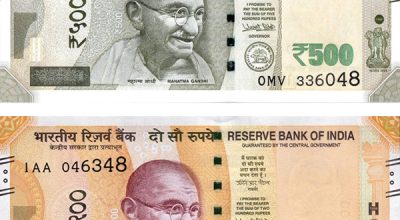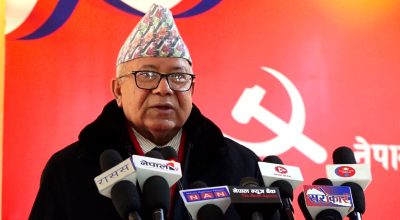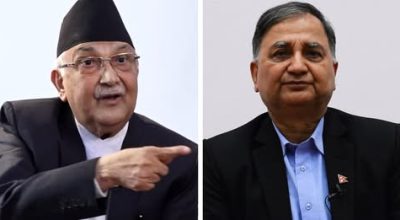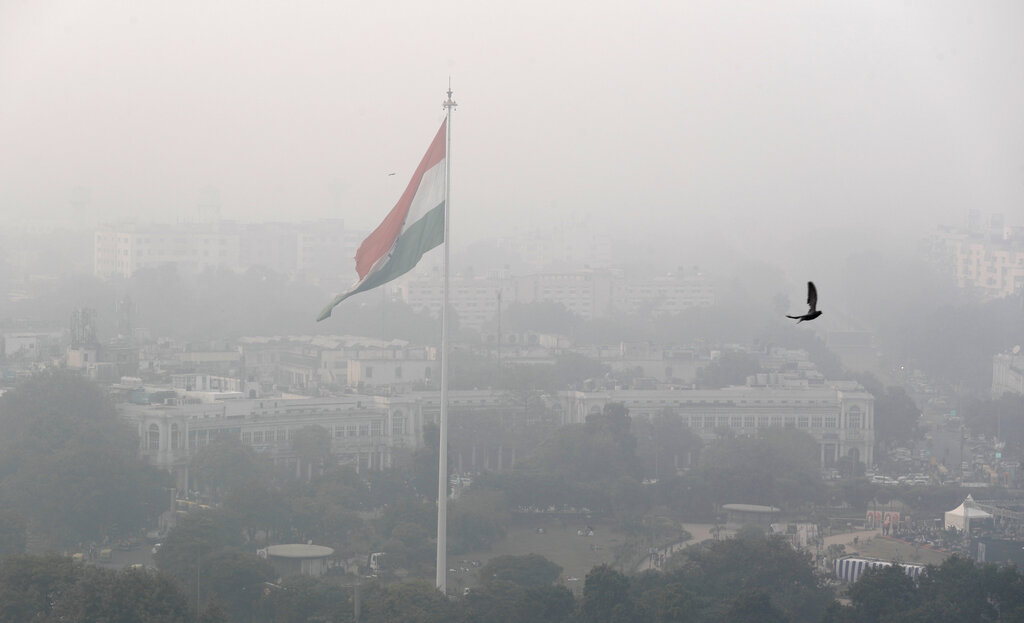
New Delhi, Nov 9 (ANI): With air quality in the national capital continuing to remain in the ‘severe’ category, Delhi Environment Minister Gopal Rai on Wednesday informed that the Aam Admi government has planned to induce artificial rain through cloud seeding this month to combat air pollution.
Gopal Rai held a meeting with scientists from IIT-Kanpur to discuss the proposal on artificial rains.
Speaking to ANI, Gopal Rai said,” A meeting with the IIT Kanpur team was held today regarding the possibility of cloud seeding, i.e., artificial rain, in the wake of the pollution situation. This proposal was first presented by IIT Kanpur in that meeting. It was decided that tomorrow they would send a detailed proposal to the government.”
Environment Minister Rai said that if certain parameters related to cloud conditions are met on November 20-21, then a pilot project related to artificial rains can be executed.
“If we receive their proposal tomorrow, we will present it before the Supreme Court. They (IIT Kanpur) estimate that it can be cloudy on November 20-21 in Delhi. If there is 40 per cent cloud coverage, then artificial rains can be made possible. Keeping that in mind, we have asked them to send a proposal tomorrow and then we will present it before the Court,” Rai said.
Cloud seeding is the process of artificially generating rain by implanting clouds with particles such as silver iodide crystals. It uses planes to spray clouds with chemicals to condense smaller particles into larger rain droplets.
“If it is cloudy on November 20-21 and all permissions are obtained, the pilot can be executed that day,” he added.
Notably, cloud seeding requires the presence of moisture-filled clouds, which are not always available or predictable.
Meanwhile, a delegation from CII and IIT Kanpur met with Delhi Lieutenant Governor VK Saxena to discuss the possibility of artificial rains in the national capital.
“A delegation from CII and IIT, Kanpur, met today to discuss the possibility of cloud seeding–artificial rain in the capital–for mitigating the prevalent air pollution. Enquired about the effectiveness of the technology and asked them to submit a concrete proposal.” LG Saxena posted on X.
Air pollution levels can be high during the winter months for a number of reasons, including dust and vehicular pollution, dry-cold weather, stubble burning, burning crop residues after the harvest season, and commuting.
Cold air is denser and moves slower than warm air, so it traps pollution and doesn’t whisk it away. This means that air pollution in the winter remains in place for much longer than during the summer.
Several residents and commuters in the national capital complained of breathing problems and urged the government and the authorities concerned to mobilise steps to curb the runaway air pollution at the earliest.
Voicing concerns over the deteriorating air quality, a commuter told ANI, “This toxic air is giving us breathing problems. The government should mobilise urgent steps to bring us some respite.”
Gulab Singh Shukla, another resident, said, “The deteriorating air quality is proving to be a public health hazard. Residents, especially daily commuters, are suffering and the government should act at the earliest.”
Jatin, a cyclist, told ANI, “The air pollution is getting worse and people are literally struggling to breathe. The AQI is deteriorating by the day. The government and all agencies concerned should take note of our problems and announce further steps to curb pollution.”
The Supreme Court on Tuesday expressed grave concern over the hazardous air quality in the national capital and directed that farmers should stop stubble burning forthwith in Punjab, Haryana, and western Uttar Pradesh, saying it was one of the major contributors to air pollution.
A bench of Justices Sanjay Kishan Kaul and Sudhanshu Dhulia made the local State House Officer, under the overall supervision of the Chief Secretary and the Director General of Police, responsible for preventing crop burning.
It further directed that a meeting be held on Wednesday between the states to ensure that crop burning is stopped forthwith. Further, the top court noted that smog towers installed as per an earlier order are not working and directed the government to ensure they are repaired.
The Delhi government on Monday decided to reintroduce the odd-even rule from November 13 to 20 in view of the concerns of deterioration in air quality.
Delhi Environment Minister Gopal Rai told the media after a high-level meeting that the decision will be implemented a day after Diwali, which will be celebrated on November 12 and will continue for a week.
According to doctors, for any healthy person, a recommended AQI should be less than 50, but these days the AQI has spiked beyond 400, which could prove fatal for those suffering from lung-related diseases and even pose a risk of lung cancer.
Meanwhile, the air quality index (AQI) in Prayagraj district in neighbouring Uttar Pradesh slipped to the ‘poor’ category on Wednesday.






